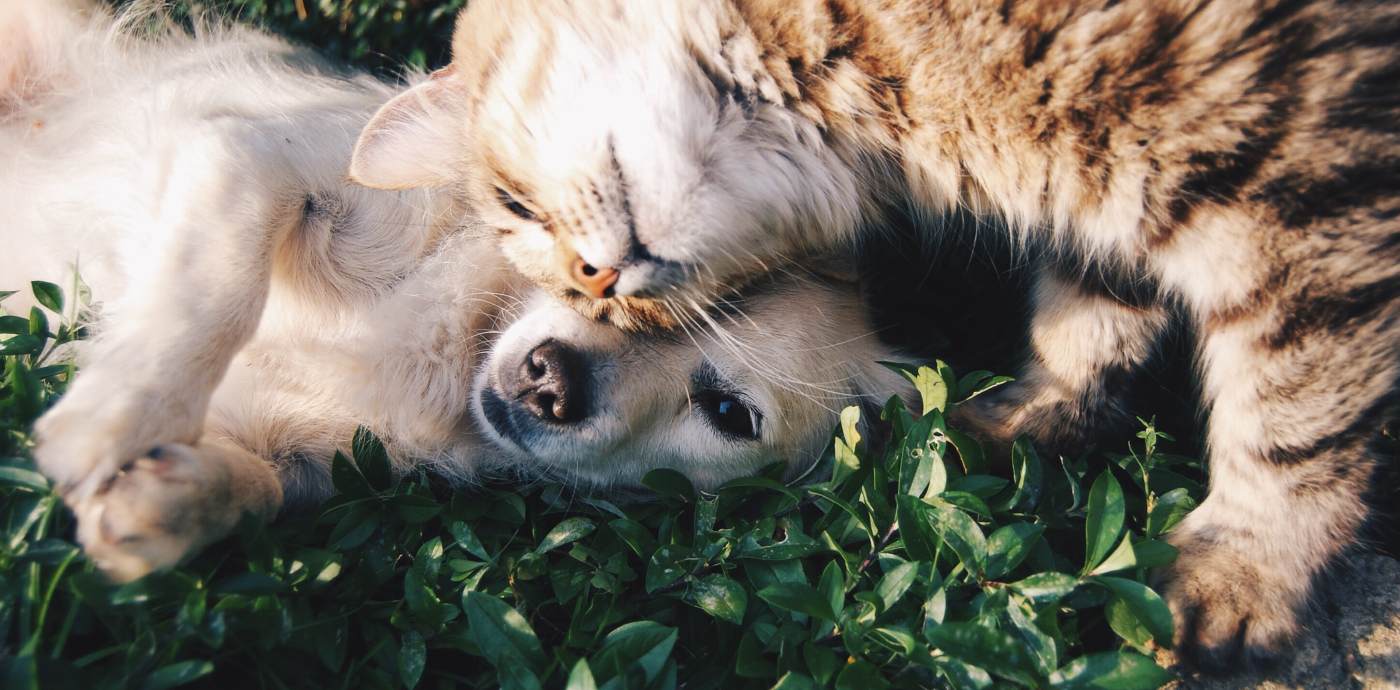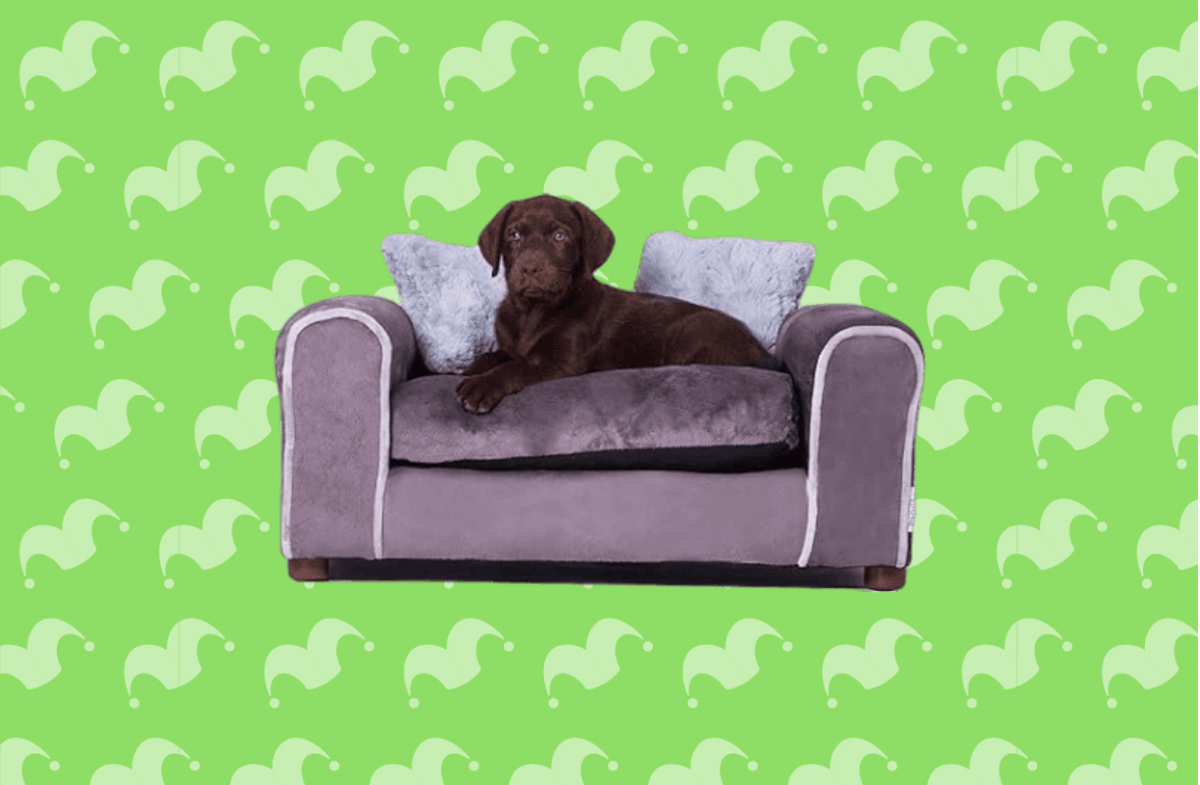Cats and Dogs Could Safeguard Owners From Memory Decline in Later Everyday living, Study Finds

Owning a pet, like a doggy or cat, particularly for five yrs or for a longer time, may perhaps be connected to slower cognitive decline in more mature older people, according to a preliminary study.
“Prior studies have advised that the human-animal bond could have overall health benefits like decreasing blood pressure and anxiety,” reported study creator Tiffany Braley of the College of Michigan Clinical Centre in Ann Arbor. “Our outcomes propose pet possession may well also be protecting towards cognitive decrease.”
The study looked at cognitive facts from 1,369 older adults with an normal age of 65 who experienced typical cognitive competencies at the commence of the analyze.
A total of 53% owned animals, and 32% ended up extensive-time period pet homeowners, described as these who owned animals for 5 a long time or a lot more. Of examine individuals, 88% had been white, 7% were being Black, 2% ended up Hispanic, and 3% were of one more ethnicity or race.
Scientists utilised facts from the Well being and Retirement Analyze, a massive analyze of Medicare beneficiaries. In that study, people had been given various cognitive exams. Scientists employed those cognitive checks to build a composite cognitive rating for every single person, ranging from zero to 27. The composite rating provided prevalent assessments of subtraction, numeric counting, and term recall.
Researchers then used participants’ composite cognitive scores and approximated the associations between yrs of pet possession and cognitive operate.
Relevant: Cats Are Considerably less Pressured in Family members With Children Who Have Autism, Study Finds
In excess of 6 several years, cognitive scores reduced at a slower amount in pet homeowners. This distinction was strongest amid lengthy-expression pet entrepreneurs. Having into account other components regarded to have an effect on cognitive function, the review showed that very long-phrase pet entrepreneurs, on average, experienced a cognitive composite rating that was 1.2 details bigger at 6 decades in comparison to non-pet homeowners.
The researchers also observed that the cognitive rewards affiliated with longer pet ownership had been much better for Black older people, faculty-educated grownups, and men. Braley states a lot more study is desired to additional check out the achievable motives for these associations.
A lot more: Why Cats Really like to Sit in Bins – Even Fake Ones, According to Science
“As worry can negatively have an affect on cognitive function, the probable tension-buffering effects of pet ownership could provide a plausible purpose for our results,” mentioned Braley. “A companion animal can also boost bodily activity, which could benefit cognitive wellbeing. That mentioned, additional study is required to confirm our benefits and determine underlying mechanisms for this association.”
A limitation of the research was that duration of pet ownership was assessed only at a single time place, so facts with regards to ongoing pet ownership was unavailable.
The examine will be offered at the American Academy of Neurology’s 74th Yearly Meeting currently being held in individual in Seattle, April 2 to 7, 2022 and pretty much, April 24 to 26, 2022.







